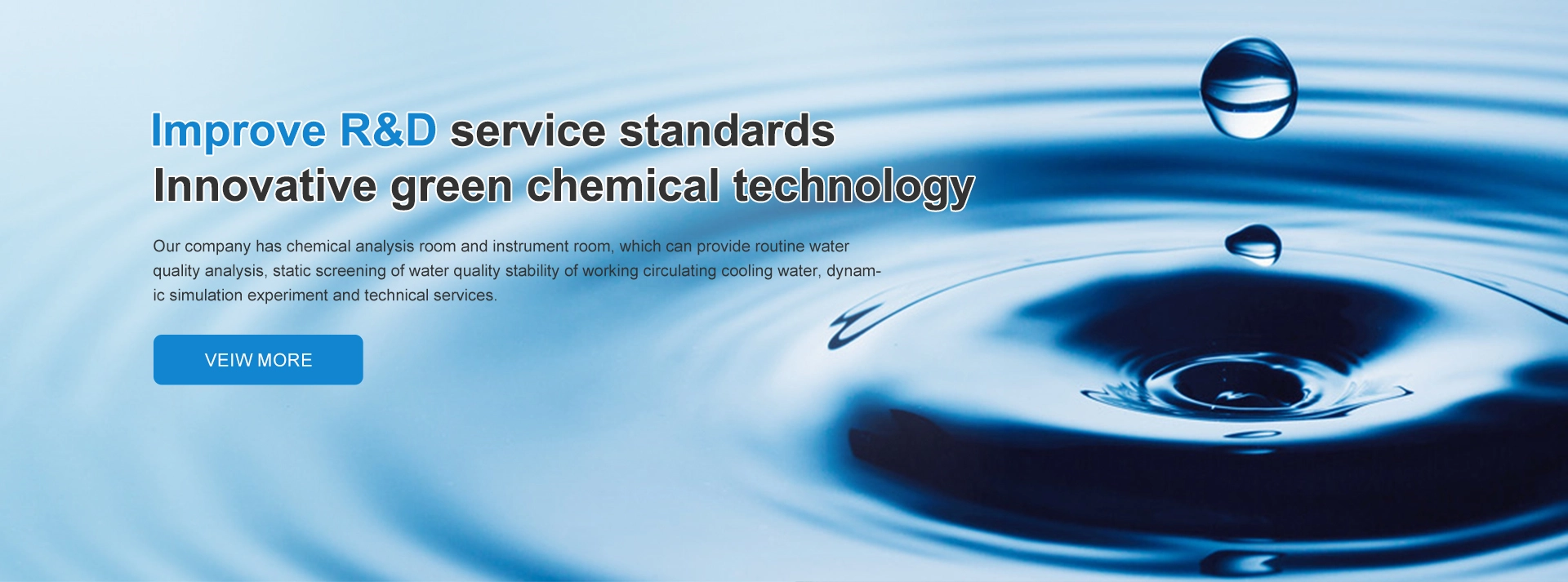Effective Solutions for Reducing Limescale Buildup in Plumbing Systems and Appliances
The Importance of Limescale Inhibitors in Modern Water Systems
Limescale, a hard, chalky deposit primarily composed of calcium carbonate, is a common problem in many water systems. It forms as water heats up or evaporates, leading to various issues in both domestic and industrial settings. Limescale not only affects the efficiency of heating systems and water appliances but also leads to costly maintenance and repairs. To combat this problem, the use of limescale inhibitors has become essential, ensuring the longevity and efficiency of water systems.
Understanding Limescale Formation
Limescale forms when water that contains high levels of dissolved calcium and magnesium compounds is heated or allowed to evaporate. This process occurs predominantly in areas with hard water, which has high mineral content. Limescale can accumulate in pipes, hot water heaters, kettles, and other appliances, restricting water flow, reducing heat transfer efficiency, and ultimately leading to increased energy consumption. Furthermore, these deposits can harbor bacteria and other pathogens, posing potential health risks.
Role of Limescale Inhibitors
Limescale inhibitors are chemical substances designed to prevent or minimize the formation of limescale in water systems. They accomplish this by altering the physical and chemical properties of the minerals in the water, preventing them from crystallizing and forming solid deposits. By keeping these minerals in a suspended state, limescale inhibitors enhance the longevity and efficiency of plumbing systems and appliances.
Types of Limescale Inhibitors
There are several types of limescale inhibitors available, each with its mechanisms and applications
limescale inhibitor

1. Polyphosphate-Based Inhibitors These compounds work by sequestering calcium and magnesium ions, effectively preventing them from forming solid deposits. They are commonly used in commercial and residential settings, particularly in dishwashers and water softeners.
2. Magnetic and Electronic Inhibitors These devices are installed in plumbing systems and utilize magnetic or electronic fields to alter the behavior of minerals in the water. While their effectiveness is often debated, some users have reported reduced limescale buildup in their systems.
3. Chelating Agents These substances bind to metal ions in water, rendering them less likely to precipitate as limescale. Common chelating agents include citric acid and EDTA (ethylenediaminetetraacetic acid). They are often used in cleaning products and maintenance solutions for appliances.
4. Natural Inhibitors Some naturally occurring substances have been found to have limescale-inhibiting properties. For instance, certain plant extracts can prevent the crystallization of calcium carbonate, providing an eco-friendly solution to limescale issues.
Importance of Regular Maintenance
While limescale inhibitors greatly reduce the risk of deposit formation, regular maintenance of water systems is still crucial. Routine inspection and cleaning of appliances can help prolong their lifespan and efficiency. Ensuring that water heaters, pipes, and appliances are free from significant limescale buildup is key to avoiding costly repairs and replacements over time.
Conclusion
In conclusion, limescale inhibitors play a vital role in managing water quality and maintaining system efficiency. As the prevalence of hard water continues to impact homes and industries, the importance of effective limescale management strategies, including the use of inhibitors, cannot be overstated. By integrating these solutions into daily practices, individuals and businesses can save money, conserve energy, and contribute to a more sustainable environment. Understanding and addressing the challenges posed by limescale through the use of inhibitors is essential for optimizing water systems for future generations.
-
Water Treatment with Flocculant Water TreatmentNewsJun.12,2025
-
Polymaleic AnhydrideNewsJun.12,2025
-
Polyaspartic AcidNewsJun.12,2025
-
Enhance Industrial Processes with IsothiazolinonesNewsJun.12,2025
-
Enhance Industrial Processes with PBTCA SolutionsNewsJun.12,2025
-
Dodecyldimethylbenzylammonium Chloride SolutionsNewsJun.12,2025





